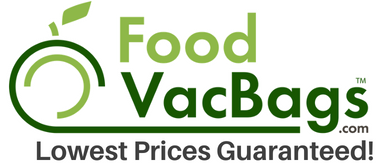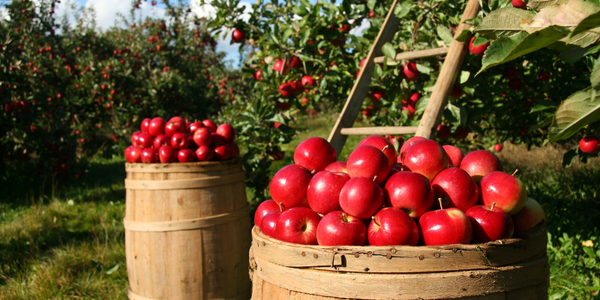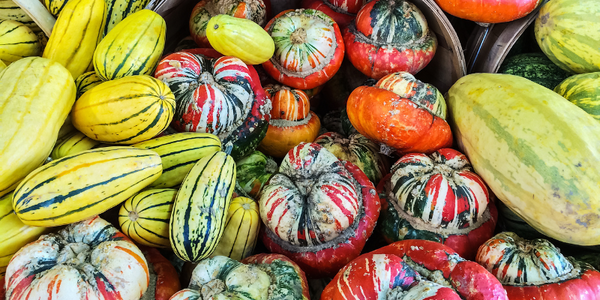
When prices rise, consumers can cut back on certain things. They can switch to a less expensive cable package or monitor their use of credit cards. Even so, there are some things no consumer can live without, and food is at the top of that list. When grocery prices go up, eaters everywhere are on the hook, but there are some things they can do to fight back. Reducing grocery costs starts at home -- beginning with reducing the amount of wasted food.
Paying high prices for the food your family eats is certainly concerning, but there is something even worse. The only thing more dismaying than paying high prices for the food you eat is paying high prices for the food you throw away. Some studies have shown that as much as a third of all food purchased is never eaten. Yet, you can buck that trend with these simple grocery storage and freezer hacks.
1. Set a three-day rule for leftovers in the fridge. In a perfect world, you would use up your
leftovers right away, but that is not always practical. To avoid throwing good food away, simply
label it and adopt the three-day rule. When the third day has come and gone, vacuum pack those leftovers and put them in the freezer.
2. Remember that you can freeze bread and other baked goods. When the grocery store has a "sell-by" sale on bread, you can stock up and put the
extras in the fridge or freezer. With the bread in cold storage, you will not have to worry about mold or food waste -- or about heading back to the grocery store.
3. Eggs can be frozen as well. Many grocery shoppers do not realize that eggs can be stored long-term in the freezer. If you find a sale -- or a neighbor with a chicken -- you can stow those extra eggs away for future use. Containers used to store deviled eggs are perfect for the purpose, so slot them in and keep them in the freezer.
4. Add zest to your meals with lemon and lime juice from the freezer. Cooking with lime or lemon juice is a popular way to add zest to your meals, but you do not need to buy fresh fruit every time. If you have a leftover lemon or lime, just squeeze the juice into an ice-cube tray and keep those tasty treats in the freezer.
5. Cut roasts, steaks, and other fresh meat into meal-size portions for immediate use -- and for freezing. Buying meat in larger quantities is one of the best ways to save money, but what you do next matters. If you want to preserve the good taste and avoid future food waste, take the time to cut up those roasts, steaks, and other meats into
handy meal-size portions.
6. Fight freezer burn with a food storage system. Leftover air in traditional bags can lead to freezer burn, but you can keep that food fresh with vacuum sealing. Investing in
vacuum seal bags can keep your frozen food fresh longer, giving you one less thing to worry about.
7. Go shopping in your freezer. That frozen food will do you no good if it's never eaten, so start your grocery shopping at home. When
planning your meals for the week, shop in the freezer first, pulling out those meats, breads, and vegetables and letting them thaw out in the fridge.
8. Rotate the contents of the freezer. If you keep adding new items to your freezer, the older buried items might never get used. When you are done with your freezer-based grocery shopping trip, take the time to rotate the older containers and packages to the top.
Paying high prices for groceries is bad enough, but wasting the food you buy is even worse. Food waste is bad for the environment, but most importantly, it is bad for your personal budget.
If you are looking for a way to save money on groceries, look no further than your freezer. With a few simple hacks and some knowledge, you can avoid a lot of food waste, saving money on groceries without compromising the quality of the meals you make for your family.






0 comments